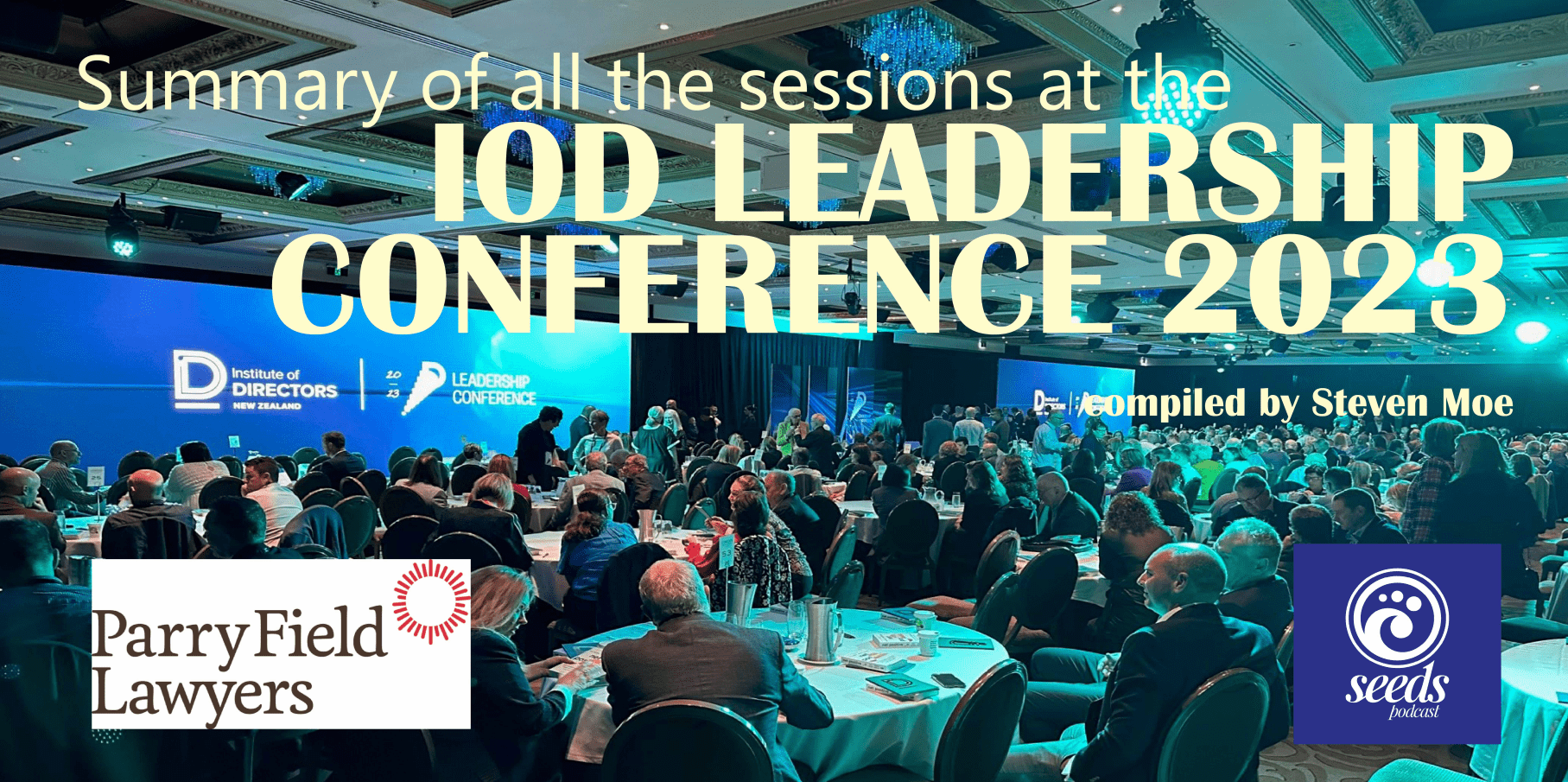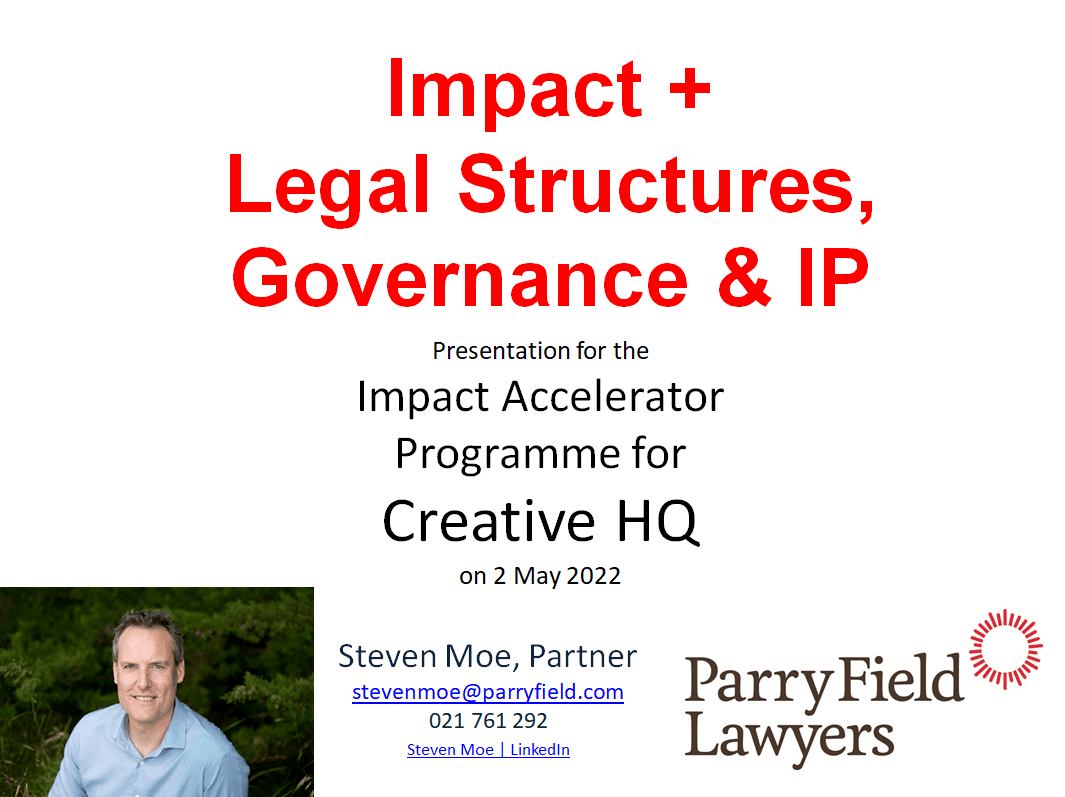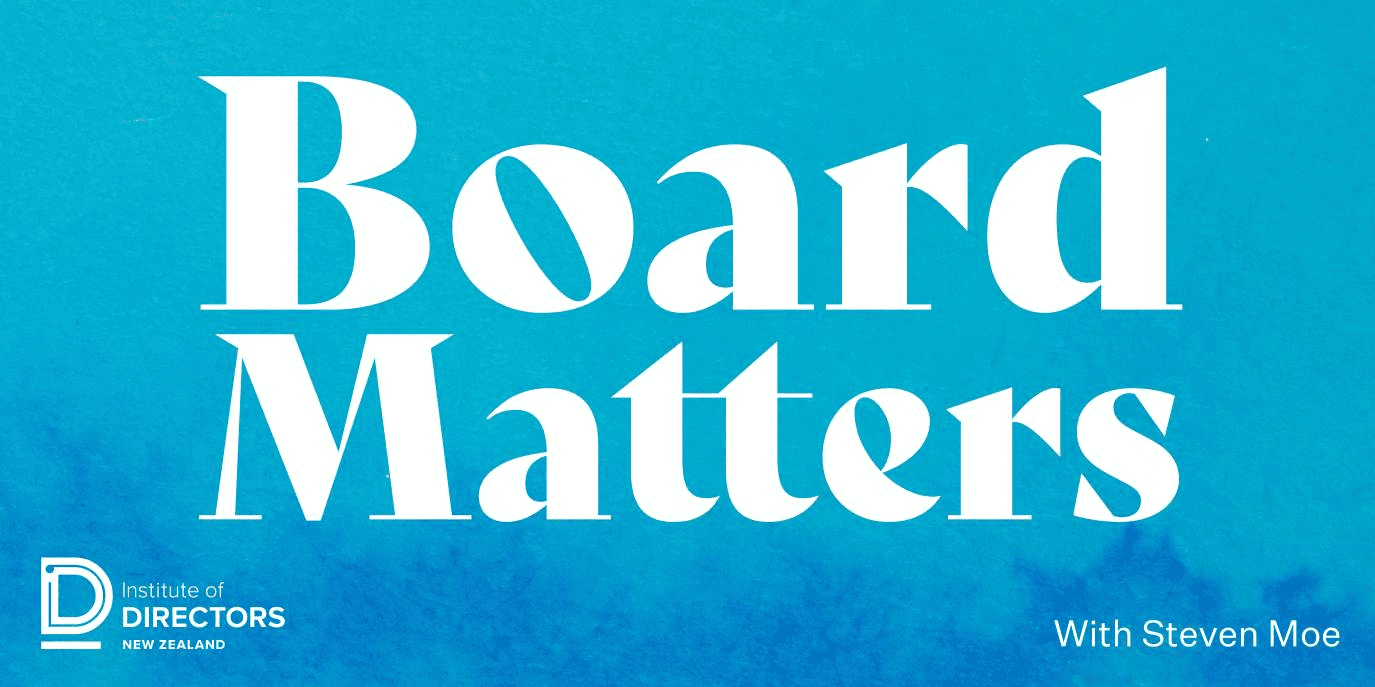Background
Since 19 September 2022, applications for Investor 1 and Investor 2 visa categories were replaced by a new category: the Active Investor Plus Visa (“AIP Visa”). New Zealand Trade and Enterprise (“NZTE”) has published guidance about the eligibility and what are acceptable investments under the new Visa. The guide was set up to explain this investment program, and to assist deal makers and capital raisings who hope to have deals or funds approved as acceptable investments.
The Government’s aim is to attract experienced and high-value investors to encourage greater economic benefit to New Zealand companies and the economy. The AIP Visa allows experienced investors to add to opportunities for companies and start-ups. You get points toward your visa if you are willing to invest in companies here.
An investor must also have a reasonable command of English to qualify for an AIP Visa (a minimum of Level 5 under the International English Language Testing System or the equivalent). As explained in our article Immigration Changes Overview, “acceptable investments” for an AIP Visa are made between NZ $5 million and $15 million. Different investments carry different weightings for the purposes of an AIP Visa application.
Direct investments
These are direct investments into businesses, and they receive the highest weighting of 3x (every $1 invested counting as $3 towards their visa conditions). In this case, an investment of only $5 million is required.
To qualify as a direct investment, some conditions must be met:
- Firstly, a direct investment is an investment in a New Zealand resident entity and privately owned business;
- An application for approval may be made either before the AIP Visa applicant makes the investment (classified as a current direct investment), or retrospectively (classified as a historical direct investment);
- NZTE will consult an external advisory panel which helps them to determine whether the direct investment meets the AIP Visa eligibility criteria; and
- For each direct investment, you must apply and receive and approval letter from NZTE for such direct investment to qualify.
There is no cost to apply for approval as an acceptable direct investment and any decision made by NZTE is final.
Indirect investments
A. Acceptable managed funds
Investments into private funds, such as private equity or venture capital funds are also upweighted but only 2x and an amount of $7.5 million is required (every $1 an investor invests into managed funds, counts as $2 towards their visa conditions).
To qualify as an acceptable managed fund, additional conditions apply :
- The fund has to be a New Zealand resident, entity which means:
- Be incorporated in New Zealand;
- Have its head office in New Zealand;
- Have its centre of management in New Zealand; and
- Have control, by company directors, exercised in New Zealand.
- It must meet the criteria in the AIP Visa Immigration New Zealand Instructions. The applicant should provide:
- Evidence of incorporation in New Zealand from the New Zealand Companies Office;
- Evidence that the fund manager will be registered on the New Zealand Financial Services Providers Register (per Appendix 15 of the Immigration Instructions);
- The full legal names and addresses of current directors;
- A summary of the fund’s background, proposed activities, status, target fund size. It should contain details about how the Managed Fund supports New Zealand being a responsible member of the world community, and demonstrates that the Managed Fund will not invest in anything which may prejudice New Zealand’s reputation;
- An overview of the investment thesis of the Managed Investment. The application form must detail how the Managed Fund will deliver on the requirements for actual or potential growth of investee entities and/or their contribution to positive social and economic impacts for New Zealand; and
- A summary of any social, environmental or governance (ESG) policies applicable to the organisation.
- Submit an application using the NZTE Investment forms;
- Be assessed as an acceptable investment and be added to the Acceptable Managed Fund list maintained and published by NZTE;
- Pay the application fee of $1,500 NZD (GST inclusive) per application;
- Once the application is submitted, NZTE will provide an invoice for this charge via email.
To qualify as an eligible recipient of Indirect Investment, the applicants must be a New Zealand resident entity that invests in private New Zealand businesses, with no investment in listed equities and/or fixed income assets such as bonds.
NZTE considers whether the Managed funds invests wholly or substantially in entities with a New Zealand connection. A minimum of 70% of the net committed capital must be made available for the investment in entities with a New Zealand connection.
An external advisory panel makes recommendations to NZTE on whether the Managed Fund investments are acceptable. The panel sits monthly and the dates are published online.
Annual re-certification is required to maintain an “Acceptable Managed Fund” status. NZTE will notify any approved managed fund when annual re-certification is required.
Property is not an acceptable investment, however it can be 20% or less of an exchange traded fund or managed fund’s total assets.
B. Listed equities and philanthropy
These investments (such as investment in NZX listed companies) do not receive an additional weighting, and each are capped at 50% of the $15m investment requirement. An investor could meet the required investment amount by investing $7.5m into listed equities and $7.5m into eligible philanthropic causes.
Key time periods to consider are:
- The minimum investment period: the investor should invest across three years and maintain the investment for a further fourth year;
- The minimum time required in NZ: the investor should spend 117 days in New Zealand across the four-year conditional visa period, or around a month a year; and
- Despite these requirements, New Zealand is still quite restrictive on home ownership and processing times. It means investing with this sort of wealth might look elsewhere.
We support investors moving to New Zealand so if you would like to discuss further, please contact one of our team at stevenmoe@parryfield.com, rebeccanicholson@parryfield.com or yangsu@parryfield.com at Parry Field Lawyers.





